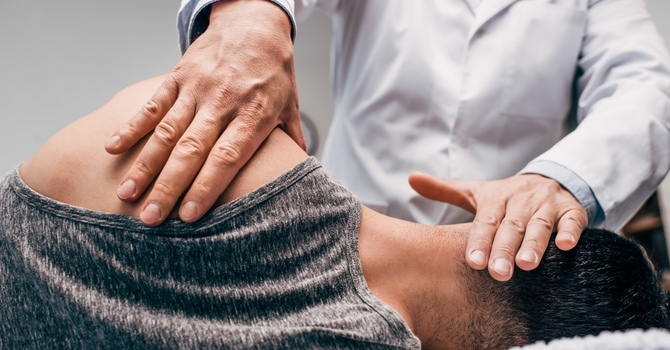Bedwetting, also known as nocturnal enuresis, is a common condition where a child (or occasionally an adult) involuntarily urinates during sleep. While it can be distressing for families, it’s important to understand that bedwetting is often related to the maturation and coordination of the nervous system, not a behavioral issue.
From a chiropractic standpoint, controlling urination involves several key structures in the lower spine and pelvis:
-
Bladder: Stores urine until it’s convenient to void.
-
Internal urethral sphincter: An involuntary muscle that keeps urine in the bladder.
-
External urethral sphincter: A voluntary muscle controlled by nerves, allowing conscious control of urination.
-
Sacral spinal segments (S2–S4): These vertebrae contain nerves that regulate bladder function.
Nerves Involved
Several nerves coordinate bladder control:
-
Pelvic Nerve (S2–S4): Stimulates the bladder to contract.
-
Pudendal Nerve (S2–S4): Controls the external urethral sphincter, allowing voluntary control.
-
Hypogastric Nerve (T10–L2): Helps relax the bladder and contract the internal sphincter, assisting in urine storage.
When communication between these nerves and centers is delayed or disrupted, the bladder may empty involuntarily during sleep, leading to bedwetting.
How Chiropractic Care Can Help
Chiropractic care focuses on the relationship between the spine, nervous system, and overall body function. Misalignments/joint restriction within the spine can potentially interfere with nerve signals traveling to the bladder and sphincters.
By gently correcting these misalignments, chiropractic adjustments aim to:
-
Improve nervous system communication with the bladder.
-
Enhance coordination between bladder contractions and sphincter control.
-
Support the body’s natural ability to gain nighttime bladder control.
Chiropractic Bedwetting Care in O’Fallon, MO
At Concierge Wellness Center in O’Fallon, MO, we specialize in natural, gentle chiropractic care for children and families. If your child struggles with bedwetting, we can assess whether spinal misalignments may be playing a role and provide personalized care to support their nervous system and bladder control.

Tyler Kuhlmann
Contact Me


